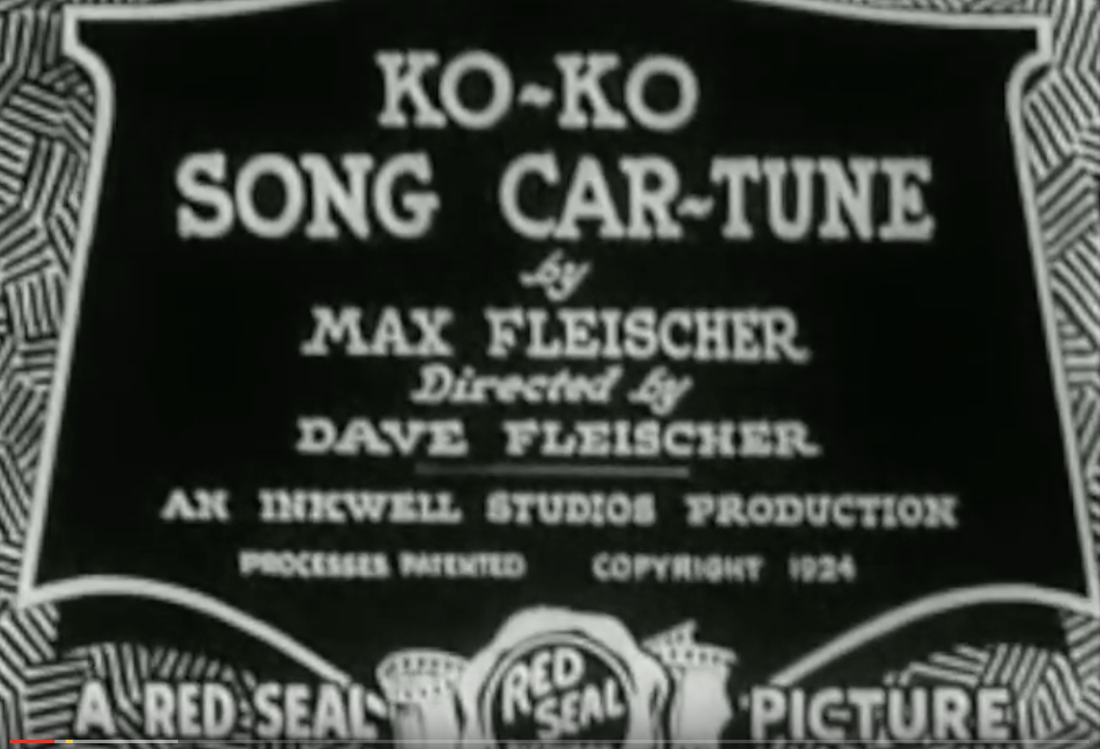Comin' Thro' The Rye
written by robert burns
COMIN' THRO' THE RYE
COMIN' THRO' THE RYE (SONG CAR-TUNES) 1926
COMIN' THRO' THE RYE (SONG CAR-TUNES) 1926
|
|
Comin' Thro' The Rye is a poem that was written by Scottish poet and lyricist Robert Burns in 1782. Burns is considered to be the national poet of Scotland, and he is a pioneer of The Romantic Movement - also know as Romanticism. The words to the song were put to music, and it is now a traditional Scottish song. The song was first recorded in 1912 by Polish soprano Marcella Sembrich, and it has been recorded by many in a variety of styles since. In 1926, Comin' Thro' The Rye was used for an installment of Max Fleischer's Song Car-Toons series.
|
|
|
1904
NELLIE MELBA |
|
|
19??
MARCELLA SEMBRICH |
|
|
1919
ROSA & CARMELA PONSELLE |
|
|
1926
FLORENCE EASTON |
|
|
1928
AMELITA GALLI-CURCI |
|
|
1937
JEANETTE MacDONALD |
|
|
19??
TOMMY DORSEY |
|
|
1944
MARIAN ANDERSON |
|
|
1953
AVA GARDNER & GRACE KELLY from the film MOGAMBO |
|
|
1956
ROBERY SHAW CHORALE |
|
|
1959
JULIE LONDON |
|
|
1960
ALVIN AND THE CHIPMUNKS |
|
|
19??
CARPENTERS, KC & JOHN DENVER |
|
|
1990
LARRY GROCE |
|
|
19??
THE REAL McKENZIES |
|
|
2001
CYRUS CHESNUT |
|
|
20??
IN SWING |
|
|
2008
ED MILLER |
|
|
2015
BEAR McCREARY |
|
|
20??
SIOBHAN MILLER |
|
COMING THROUGH THE RYE
Gin [if] a body meet a body
Comin thro' the rye,
Gin [if] a body kiss a body,
Need [must] a body cry [cry out
for help--or maybe get emotional]?
Ilka lassie has her laddie.
Nane, they say, ha’e I,
Yet all the lads they smile at me
When comin' thro' the rye.
Gin [if] a body meet a body
Comin thro' the rye,
Gin [if] a body kiss a body,
Need [must] a body cry [cry out
for help--or maybe get emotional]?
Ilka lassie has her laddie.
Nane, they say, ha’e I,
Yet all the lads they smile at me
When comin' thro' the rye.
DISCLAIMER: This site is for entertainment purposes only. All recordings and videos are the property of their respective owners. No copyright infringement is intended. Copyright Disclaimer Under Section 107 of the Copyright Act of 1976, allowance is made for "fair use" for purposes such as criticism, comment, news reporting, teaching, scholarships and research. "Fair Use" is a use permitted by copyright statue that might otherwise be infringing.
